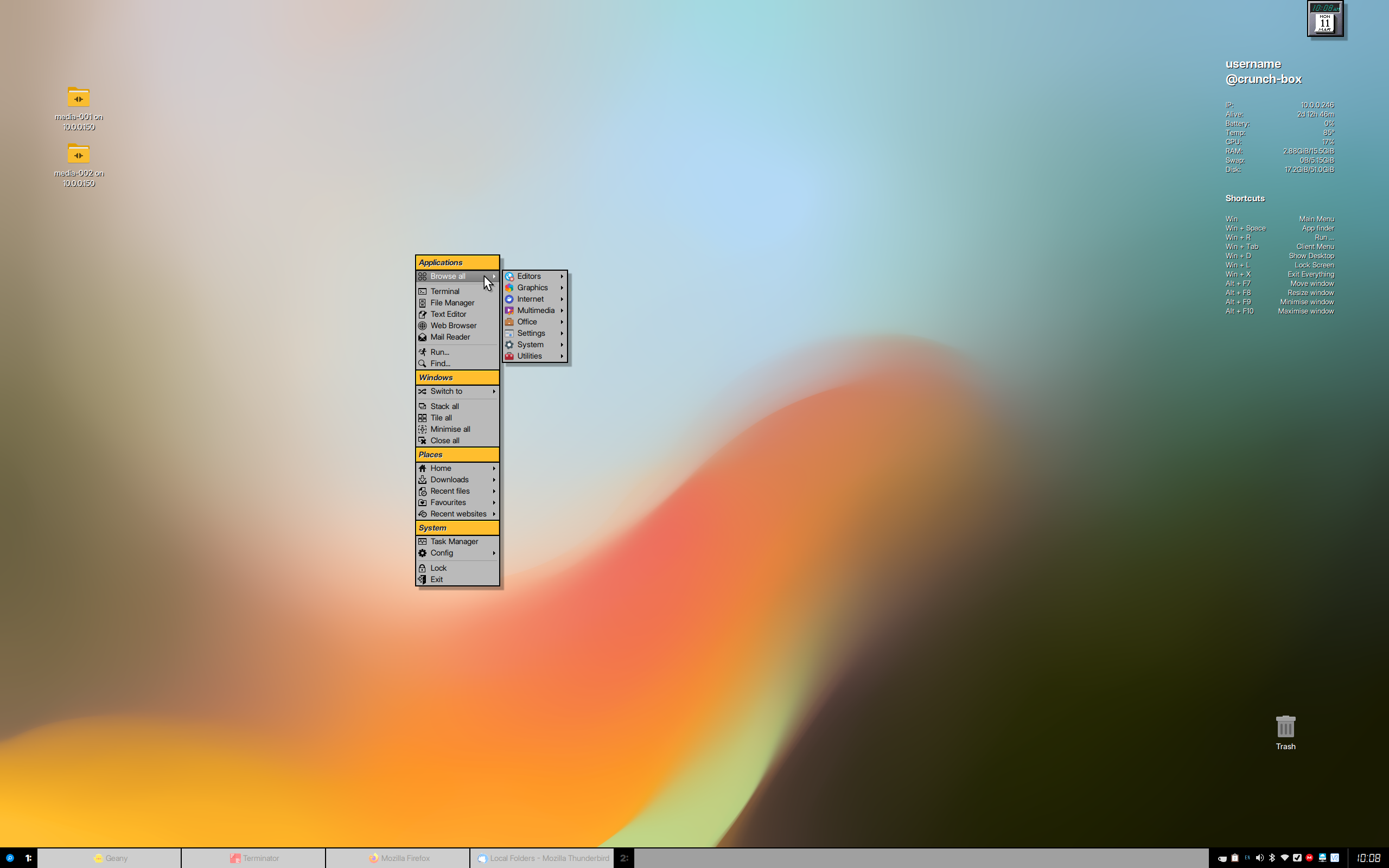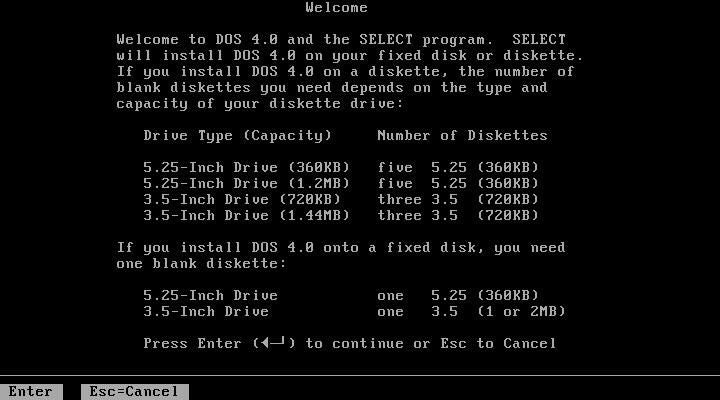grimacefry
- 0 Posts
- 17 Comments

 12·7 months ago
12·7 months agoThe only two that have been good to me and still going strong is Plex and PocketCasts with their lifetime memberships. That was a good deal. But too many to name that turned out to absolutely not lifetime. GPS systems definitely the worst culprits.

 1·7 months ago
1·7 months agoThe service is the developers releasing bug fixes and features that should have been there to begin with.

 1110·7 months ago
1110·7 months agodeleted by creator

Custom OpenBox and tint2 setup.

 1·9 months ago
1·9 months agoI remembering it being bundled for free on a CD with a computer magazine

 14·9 months ago
14·9 months agoI frequented Cape Town and Johannesburg doing research, that also included going into black townships to chat with people. I myself had an escort of 15 huge guys with guns and still had all sorts of problems around Nyanga including a shoot out over me recording video. Would never walk or drive around there on my own, I saw so many tourists and (white) locals being targeted, attacked and beaten on the street. There’s a reason everyone lives in highly secure compounds. You should know this before going to SA. The most beautiful place, best food on the planet, but you may die for it.

 8·11 months ago
8·11 months agoThere was so much competition in the early days of smartphones, its sad we ended up, the whole of humanity with two choices. Meego a collab between Intel and Nokia was really unique and a good model for social media and communications. Windows Phone was good purely to have another major competitor, but the interface was way ahead of Android and iOS for providing a better mobile experience.
RIM Blackberry, Nokia, Palm, all had a red hot go. Amazon tried recently and failed, they look like they’ll give it another shot with their new OS.
Yeah its just sad

 2520·11 months ago
2520·11 months agoI worked in design for a major global automaker, I designed and prototyped various user experiences around enabling/disabling features on demand, and paying a subscription. This was 7-8 years ago, and the context was developing countries and what we called “emerging markets” where people just bought bare bones base model vehicles, but there were always 1 or 2 highly desirable features they needed but could only get in a high spec model - they couldn’t afford.
The idea tested very well, they could buy their cheap vehicle and then enable just the things they really need. And they would pay for that. I still think this is a valid and good use case for subscribing, in these markets and for these people.
Somewhere between then and today, sales and marketing entered the chat, and I know because I fought them tooth and nail. What I designed morphed into subscribing to everything for everyone. I don’t work there any more and that’s part of why.

 3·11 months ago
3·11 months agoThis was in 2016. I accepted an invite to join a Dropbox Business account from my employer. This was linked to my personal account. It was early days for this at Dropbox, and there was a bug. When the accounts got linked it completely wiped my personal account.

 0·11 months ago
0·11 months agoLooking into Waydroid thanks 👍

 9·11 months ago
9·11 months agoI looked at S3 but I wanted easy consumer functionality like link sharing, web apps, mobile apps, desktop apps, photo management. I’m technical but I haven’t got endless time to play around with stuff I am in my 40s. I now have over 12TB of personal data (files spanning back to the 1980s).

 26·11 months ago
26·11 months agoI’ve used MEGA for about 6 years now, previously Dropbox. I switched after Dropbox lost over 2TB of my data.
MEGA hasn’t lost my data but something glitched on their side and duplicated every file, and with the amount of data I had in there it wasn’t feasible to manually fix. So I had to delete everything and start again.
I have all my cloud data stored on a NAS at home, that is backed up to a second NAS decice, a MEGA sync client running on home server keeps it all in sync to the cloud. I selectively sync folders from MEGA on different devices, or access files directly from the MEGA app when remote, or work with the local copy of my data when connected to home LAN. At least MEGA works cross platform, and MEGAcmd for Linux allows easy scripting and other automation possibilities.
All commercial cloud storage has one major problem, your files are hostage to their increasing subscription fees (which will always increase because capitalism). e.g. I was paying $60 a year with Dropbox, if I were still using it, it would be $140 a year now - and I’d have no choice but to keep paying.

 2·11 months ago
2·11 months agoHave tried to use Anbox, seriously painful to install and get working properly (Debian), and then equally annoying to install apps, and they’re still not really first class citizens like other Linux apps. The experience should be as easy as what Wine have achieved.

 26·11 months ago
26·11 months agoIt is surprisingly hard to run Android apps on Linux, despite Android itself being Linux based. Being able to run Android apps quickly and natively would be a game changer for Linux, resolving long standing issues of app availability. Hell you could even then use Android version of Microsoft Office etc. This should be a higher priority for all distros.
Until then, there are apps that are simply unavailable on Linux, even with Wine support, that necessitate using Windows or macOS.

 11·1 year ago
11·1 year agoMoved from Netscape to Firefox and never used IE or Chrome. I never understood the obsession with anything made by Google, glad its going to finally all fall apart for them.
Inter Display - all UI stuff, it is designed for max legibility on screens. In Debian repos as fonts-inter
PragmataPro - all monospace/code. Paid for it 15 years ago and worth it, best mono font
Utopia Std - all serif document text. Purchased all the way back in 1998 and used for every doc i’ve ever written.
Props also to the complete IBM Plex family which is solid for sans, serif, and mono versions.

 16·1 year ago
16·1 year agoAnother for crunchbang++ a really good minimal Debian distro with no desktop environment, just Openbox window manager. Have been using since it picked up from the original crunchbang. Have built my own kinda desktop environment how I like it and I will never change.


deleted by creator